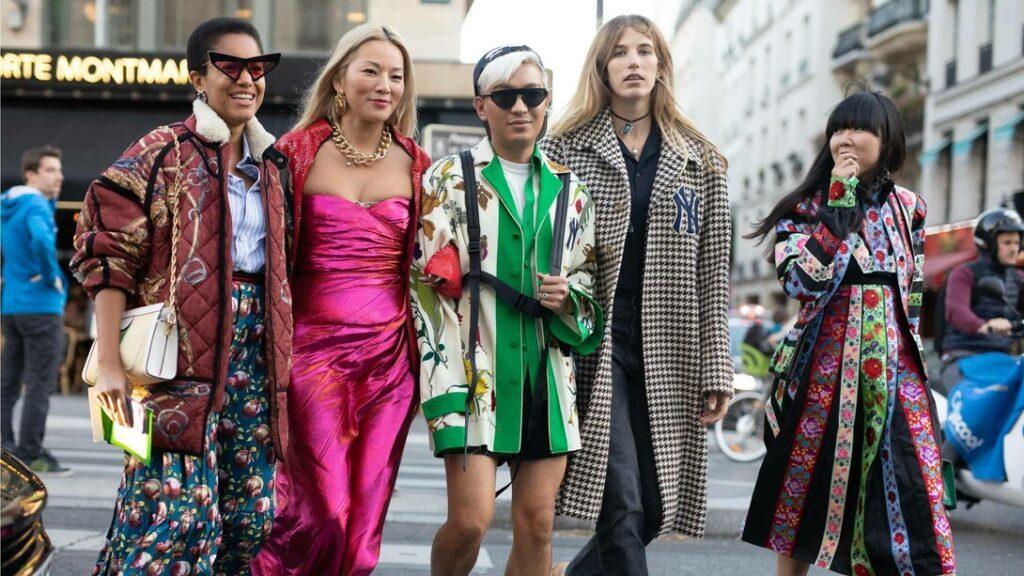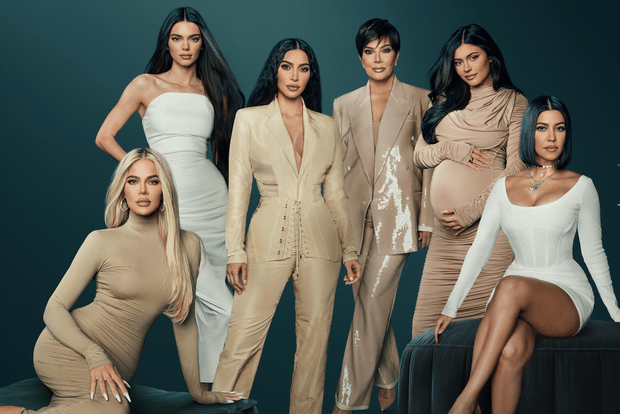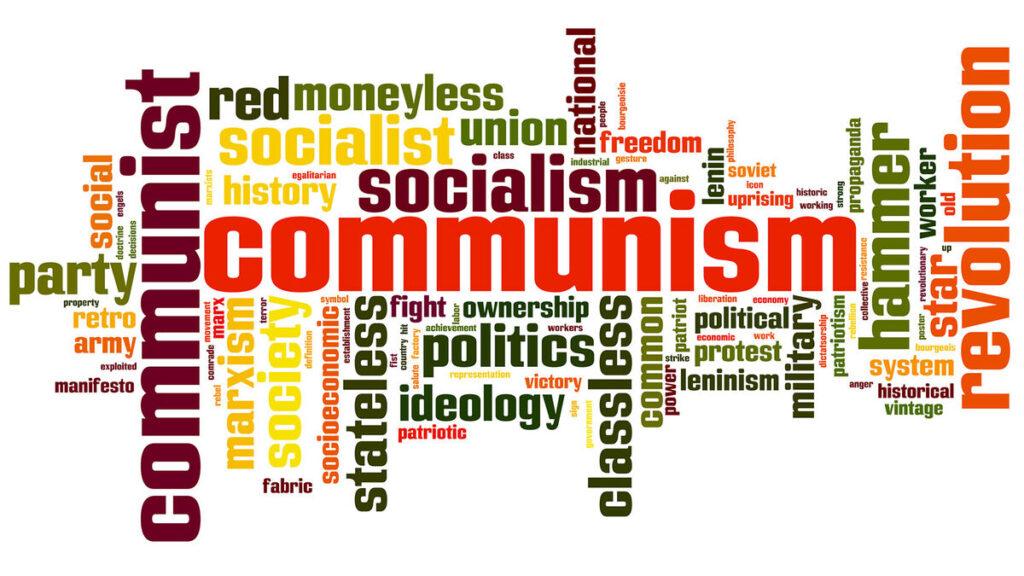The Influence of Celebrities on Fashion and beauty trends
One of the most significant ways that celebrities influence fashion trends is through their red-carpet appearances at events such as the Oscars and the Met Gala. Millions around the world watch these highly publicized events eagerly anticipating what their favorite stars will wear.
Celebrities have long been influential in shaping fashion and beauty trends, with their wardrobes and beauty routines often setting the standard for what is considered fashionable and desirable.

In recent years, the rise of social media has only intensified the impact that celebrities have on these industries, as millions of followers look to them for inspiration and guidance.
Designers and fashion houses often compete for the opportunity to dress these celebrities. They hope their creations will be perceived as fashionable and desirable.
Besides red carpet-events, social media has become a primary platform for celebrities to display their style and impact fashion trends. They frequently collaborate with fashion brands also designers to produce sponsored content. Like Instagram posts or YouTube videos featuring their favorite products.
This can have a significant impact on consumer behavior. With fans eager to emulate their favorite celebrity’s style also purchase the same products that they endorse.
Similarly, celebrities have a significant impact on beauty trends. Their makeup and skincare routines frequently establish the standard for beauty and desirability.
Makeup artists and beauty brands often work with celebrities to create signature looks and products. They can then market it to their millions of followers.
One example of a celebrity who has had a significant impact on beauty trends is Kylie Jenner. The youngest member of the Kardashian-Jenner family, Kylie has built a billion-dollar beauty empire with her Kylie Cosmetics line.
Her signature lip kits, feature highly pigmented liquid lipsticks and matching lip liners. Became a viral sensation in 2015, with fans eager to emulate her bold, plump lips.
Kylie’s success has inspired other celebrities to launch their beauty lines. This includes Rihanna’s Fenty Beauty, which critics have praised for its inclusive range of shades catering to all skin tones.
Celebrities such as Gwyneth Paltrow and Jessica Alba have also launched their own wellness and beauty brands. Which caters to consumers who are looking for natural and organic products.
However, the influence of celebrities on fashion and beauty trends is not without controversy. Critics argue that the focus on celebrity culture can be damaging, perpetuating unrealistic beauty standards and encouraging consumerism.
Conclusion
In addition, the pressure to constantly appear fashionable and flawless can take a toll on the mental health of celebrities. Who are often subject to intense scrutiny and criticism.
There is also the issue of cultural appropriation. Critics accuse some celebrities of appropriating elements of other cultures for fashion or beauty purposes.
For example, critics criticized Kim Kardashian in 2019 for wearing traditional Indian jewelry to a party. With some accusing her of cultural appropriation and insensitivity.
Despite controversies, celebrities will persist in shaping fashion and beauty trends. With social media amplifying their reach to millions worldwide, their influence will likely expand further.
Consumers should be cautious of celebrity culture’s pitfalls also scrutinize the messages they receive. 온라인카지노사이트

